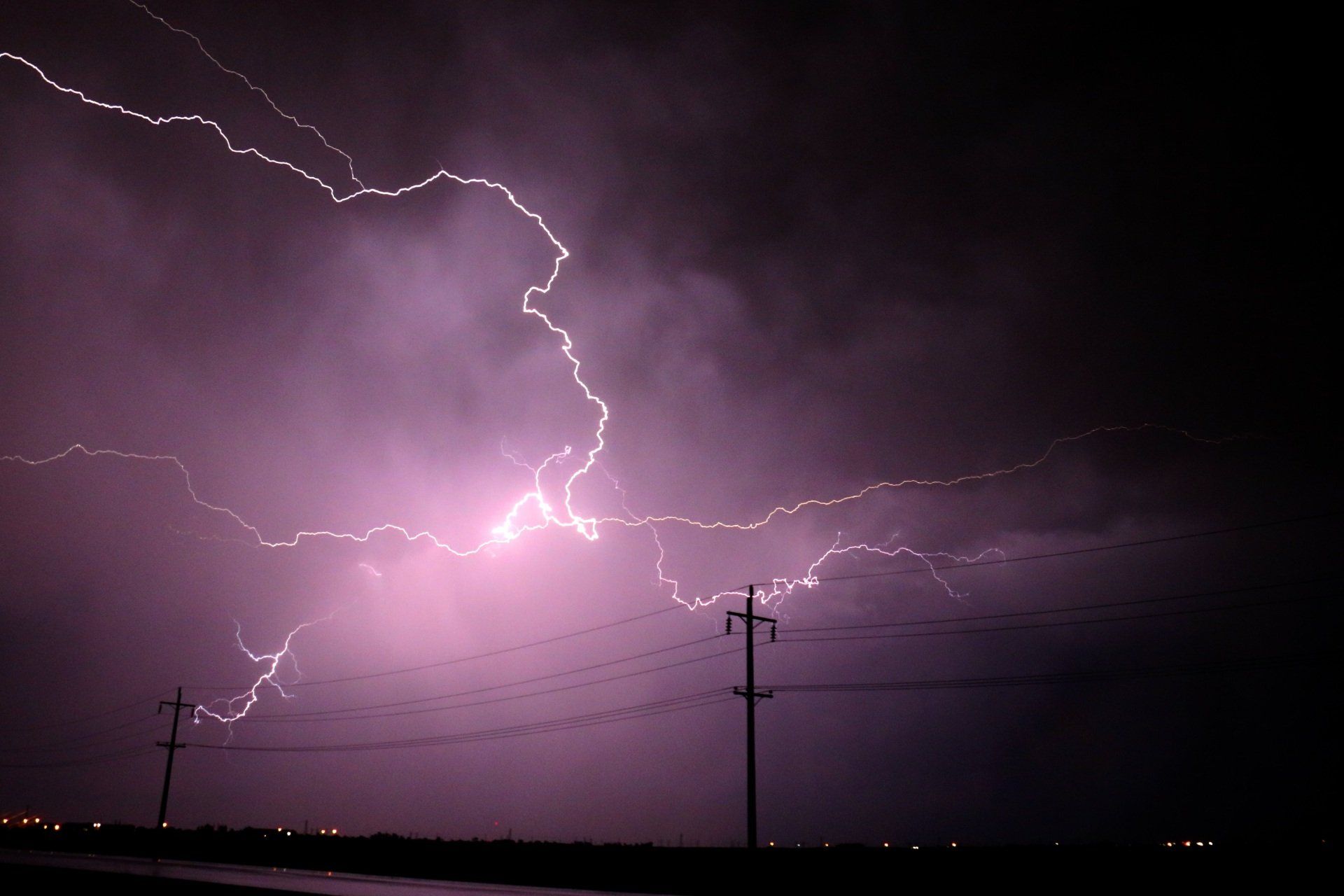Understanding Product Recalls
Product recalls are procedures initiated by manufacturers or regulatory agencies to pull unsafe or defective products from the marketplace. While recalls are commonly associated with automobiles and food items, they can occur in any industry where consumer goods are produced. For consumers, understanding product recalls is crucial because it can have direct implications on health and safety. In the legal landscape, product recalls can serve as important evidence in personal injury cases and may give rise to various consumer rights. This article aims to provide a comprehensive understanding of what product recalls mean legally and the steps consumers should take if they own a recalled product.
What Triggers a Product Recall?
Product recalls can be initiated for various reasons. Some of the most common triggers for a product recall include:
- Manufacturing Defects: Faulty design or shoddy manufacturing processes can render a product unsafe for use.
- Labeling Errors: Inaccurate labeling, especially for pharmaceuticals or food products, can pose significant health risks.
- Regulatory Violations: Failure to meet federal or state safety standards could result in a mandatory recall.
- Consumer Complaints: A series of reports or complaints can alert authorities or companies to potential issues with a product.
Types of Recalls
Recalls generally fall into three categories:
- Voluntary Recalls: Initiated by the manufacturer when it discovers a defect or safety concern. These are the most common types of recalls and are usually done in cooperation with regulatory agencies.
- Mandatory Recalls: These are rare and are ordered by a government agency after an investigation.
- Silent Recalls: Some companies will quietly fix or replace defective products without issuing a public announcement. While less common, they can complicate legal matters if an injury occurs.
Legal Implications of a Product Recall
Establishing Liability
A product recall doesn't automatically establish manufacturer liability in a personal injury lawsuit, but it can serve as compelling evidence. Courts often consider the recall as an admission that the product is flawed, especially if the recall was initiated by the company itself.
Statute of Limitations
Owning a recalled product may extend the statute of limitations for filing a lawsuit. In some jurisdictions, the clock starts ticking on the date the recall was announced, rather than the date of purchase or injury.
Class-Action Lawsuits
Often, product recalls can lead to class-action lawsuits where numerous plaintiffs file a single civil lawsuit against the company. Participating in a class-action suit has its own set of considerations, including the sharing of any awarded damages among all plaintiffs.
Consumer Rights and Responsibilities
Right to Repair, Replace, or Refund
Upon the announcement of a product recall, the manufacturer generally offers remedies such as repair, replacement, or refund. It's the consumer's right to opt for any of these remedies unless specified otherwise.
Right to Information
Consumers have the right to be informed about product recalls, usually through direct communication methods like emails or mailers if the contact information is available to the company. Regulatory agencies also publish recall information on their websites.
Responsibility to Act
Owning a recalled product doesn't automatically entitle you to compensation for damages or injuries. You must act by either returning the product, having it repaired, or disposing of it as directed.
Responsibility to Report
If you come across a defective product that hasn't been recalled, you should report it to prevent potential harm to others.
Steps to Take If You Own a Recalled Product
- Stop Using the Product: The first step is to cease using the defective item immediately to avoid any risks.
- Consult the Recall Notice: Review all details, including the reason for the recall and the proposed remedy (repair, replace, or refund).
- Contact the Manufacturer or Retailer: Get in touch with the company for specific instructions on how to proceed. Some companies will provide shipping materials for returns or schedule a free repair.
- Follow Instructions Carefully: Adhere to all safety and return instructions provided by the manufacturer or retailer.
- Document Your Actions: Keep all correspondence, receipts, and other documentation. This could be crucial if you decide to pursue a legal claim later.
- Seek Legal Advice: If you've been injured due to the recalled product, consult with a personal injury attorney to understand your legal rights and options.
Product recalls serve as a safety net to remove hazardous items from the market, but they also bring forth a range of legal and ethical responsibilities for both manufacturers and consumers. Consumers have a right to safe products and should be proactive in understanding what steps to take if they find themselves in possession of a recalled item. On the flip side, a recall can be a pivotal factor in personal injury lawsuits, sometimes helping to establish liability and influence the outcome of the case.
Understanding product recalls is not just a consumer obligation but also a legal necessity. Being well-informed can save you from potential harm, and in the unfortunate event of an injury, arm you with the knowledge needed to seek appropriate legal recourse.
MORE ALABAMA INJURY LAW NEWS






OUR LAW FIRM IS HERE TO HELP
Contact our Birmingham, Alabama Injury Lawyers Today for Legal Help
Have you or a family member recently been injured in an accident in Alabama? Contact Snable Stevenson & Silva for immediate legal assistance and advice. You may be able to pursue compensation for your medical bills, lost wages, and other expenses. Our qualified Alabama injury lawyers can help you fight to secure a full and fair award.
We offer a free case evaluation and consultation. Contact our law office in Birmingham, Alabama to schedule yours today. If you can’t come to us, we can arrange a time to visit you. Consultations can be arranged at the hospital, your home, or even your place of business. There’s a limited amount of time to act, so give us a call to get started today.
FREE CASE EVALUATION
GET STARTED
Thank you for submitting a request.
Our team will follow up with you as soon as possible.
There was an error sending your message.
Please try again later.
(800) 266-0877 • attorneys@snablestevenson.com
(205) 582-8000 • 2737 Highland Ave South, Birmingham, AL 35205
(901) 474-2900 • 1545 Union Ave, Memphis, TN 38104
This website is an advertisement for legal services. No representation is made that the quality of the legal services to be performed is greater than the quality of legal services performed by other lawyers. Use of this website signifies your agreement to the Terms of Use, Privacy Policy, and Form Disclaimer.
Snable Stevenson & Silva L.L.C.

